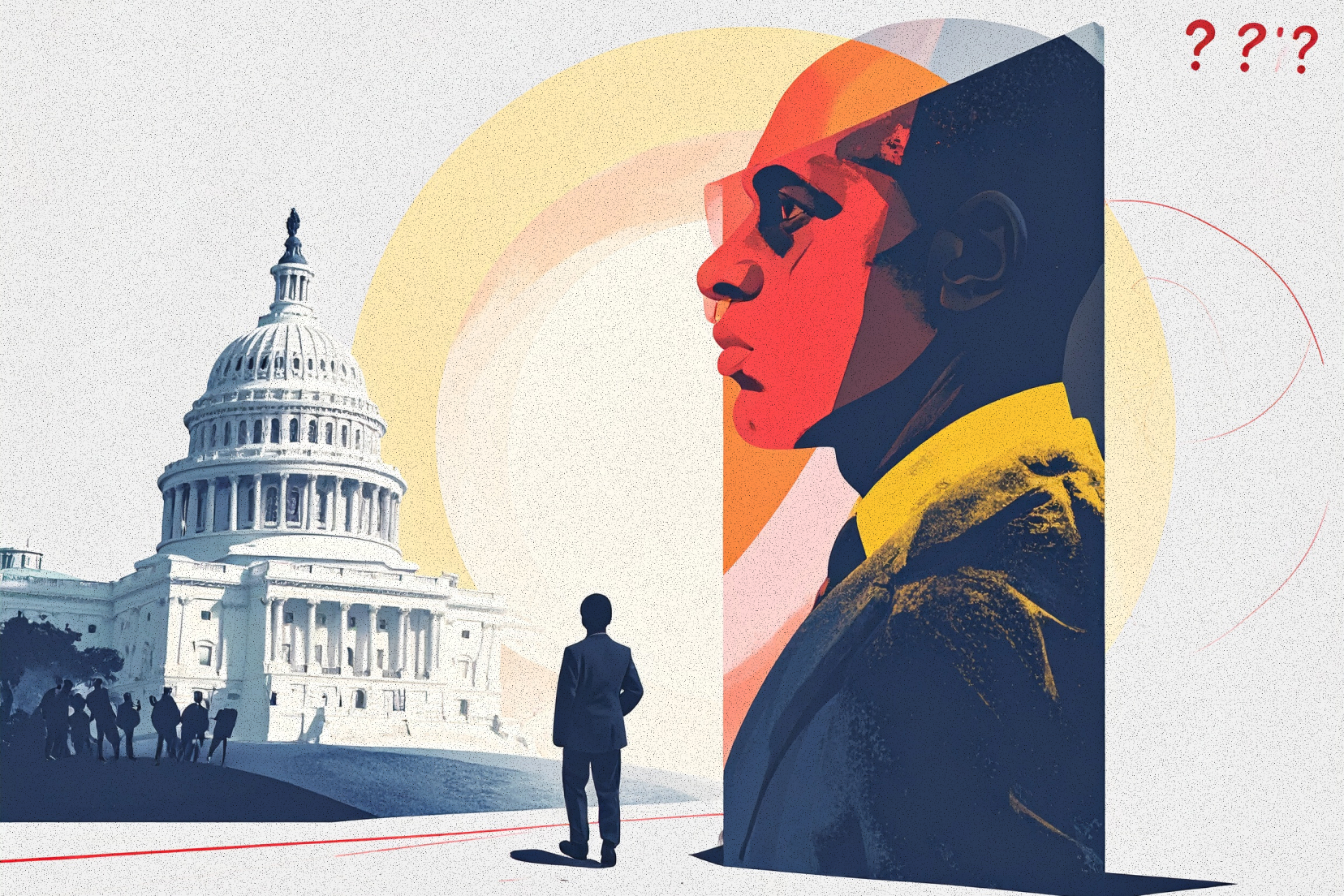In recent days, news reports in Europe have highlighted an impressive display of democratic unity in Germany, with rallies erupting in over 90 towns and hundreds of thousands of people taking a stand against the rise of far-right extremism.
As a journalist from Berlin I was surprised that these mass protests were triggered by an investigative report: Correctiv, a small, publicly and privately funded fact checking team, had penetrated a secret alt-right gathering in Potsdam, the Brandenburg capital, where discussions revolved around how to deport millions of migrants and “non-assimilated” citizens. This far-right fantasia, coupled with polls predicting strong results for the part far-right extremist, part populist AfD in upcoming German state elections, prompted the usually silent majority to flood the streets in dissent.
The rallies, backed across the political spectrum (minus AfD) and widely praised in the news media, reminded me of a recent debate on the role of media in a democracy. The conversation unfolded at an international conference hosted by the Ditchley Foundation near London, bringing together journalists, media and tech executives as well as NGOs. The question was “how to strengthen the news and information landscape in advance of the likely tough challenges of 2024”.
Unsurprisingly, the discourse could have filled several op-ed sections: Some dubbed media identifying as saviours of democracy as grandstanding, self-congratulatory and off-putting, others praised slogans like Democracy dies in darkness as impactful and superb marketing. Some called for impartial reporting, some emphasised the delicate balance between moral clarity and freedom from bias and yet others argued that journalism can only be non-partisan in a functioning political and legal environment: they would refuse to simply stand-by and accurately take minutes of the destruction of their country from within.Amidst the disagreement there was a unanimous acknowledgement of the ongoing challenge: the multifold crisis of the media industry, marked by the rise of news avoidance and declining interest. Down twenty percentage points, according to the Reuters Institute, from 67 percent in 2013 to 47 percent in 2023.
So instead of gearing up as knights in shining armour to save democracy, perhaps we should focus on saving journalism first. It’s the same battleground: credibility of news media and trust in of democratic institutions go side by side. And, to put things into perspective: We’ve been there before. At no time in history did the news industry enjoy a universally saint-like image. The novelist Charles Dickens (“Newspapers are so filthy and bestial that no honest man would admit one into his home for a water-closet doormat.”) may have taken his criticism a little too far, but as an editor, at least he had first-hand information.
To enhance the appeal and quality of independent news media, making good use of technical innovation is crucial. You may call this a boilerplate position. In times of Orwellian-like AI and deep fake doom, however, it is worth remembering how new tools have consistently improved reporting speed and quality. I was too young to cover the football (soccer) world cup in Argentina in 1978 but I know colleagues who spent hours transmitting photographs of the matches to Europe in time for the morning edition. Ask any retired international correspondent and they’ll tell you about bribing switchboard operators and hour-long queues in front of phone booths. The ingenuity reporters had to put into jumping these queues to get ahead of the competition could, thanks to cell phones, eventually be channelled into better stories. Smartphones eventually enabled live-coverage for anyone, without an OB van on the ground. Speech to text conversion saves hours of typing transcripts. Machine translation makes articles shareable across the globe in no time. I’ve started to use ChatGPT as a sparring partner to polish my weekly column. And in case you’ve ever been misquoted, unintentionally of course, by a journalist — how much fun was it trying to get a correction thirty years ago? Today, twitter/X and other social media offer a checks and balance system of sorts for the industry, and an infinite source of information.Embracing new technologies obviously doesn’t mean being uncritical of them. These tools can, did and most certainly will be misused to create sub-standard content, sloppy reporting and disinformation, at high volume and velocity. But looking at who is responsible — would you say it’s the tools or the handlers?
Judging by activities in Brussels, the algorithm is at risk to be blamed. And we may witness history repeating itself: U.S. tech giants have already been directly targeted by EU regulation (which didn’t boost innovation in Europe). Now, in regard to AI, the continent focuses on the legislative race again. While the EU Commission’s approach is sound enough to classify AI into different risk-categories, critics argue that premature regulation will stifle innovation and solidify the big players’ lead as they can afford flocks of lawyers. In the EU, an investor said at the DLD conference in Munich this month, AI is found guilty of a pre-crime. He added that the very first car crash surely happened before road sign regulation — and I assume that back then, the driver was charged, not the car.
Accordingly, journalists shouldn’t fear or demonise AI but actively engage, even obsess about it. Not only, as some publishers primarily hope for, to work more efficiently but to better serve society: AI can be trained to support newsrooms in myriad ways. Re-purposing evergreen content, calling out lazy reporting, tweaking personalised versions of the same story, analysing large scale data sets, social listening to flag potential disinformation, creating design and imagery, keeping track of an official’s public statements and actions over the years, simplifying complicated language — and of course speeding up editorial processes to give journalists more time for original reporting.
In the broader context of journalism and democracy, one often hears that people must become more media literate to brace themselves against the dangers of AI and disinformation. In the best case scenario, however, AI could be prompted to make journalists more people-literate. Not to come across as a detached know-it-all elite, but to better understand the audience’s needs and concerns, and to engage with them.
Technology has always transformed journalism, and it is our responsibility to ensure that this transformation continues to serve the ideals of an informed society.
Tanit Koch is a journalist (The New European), former media executive and an advisory board member of CNTI.
Share



